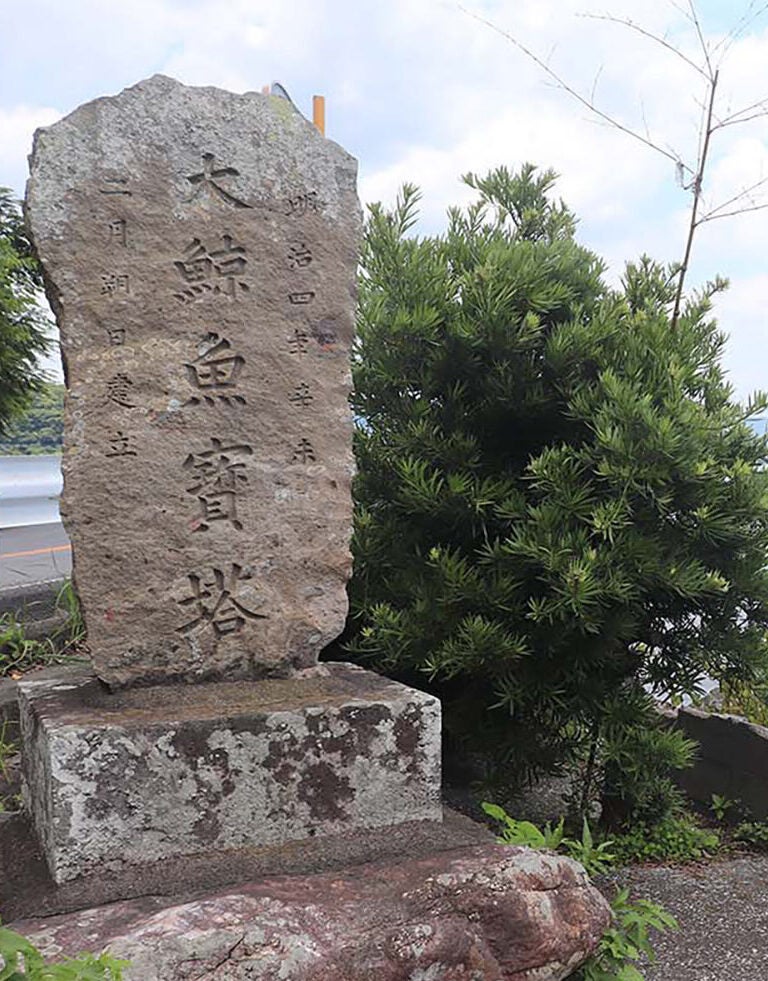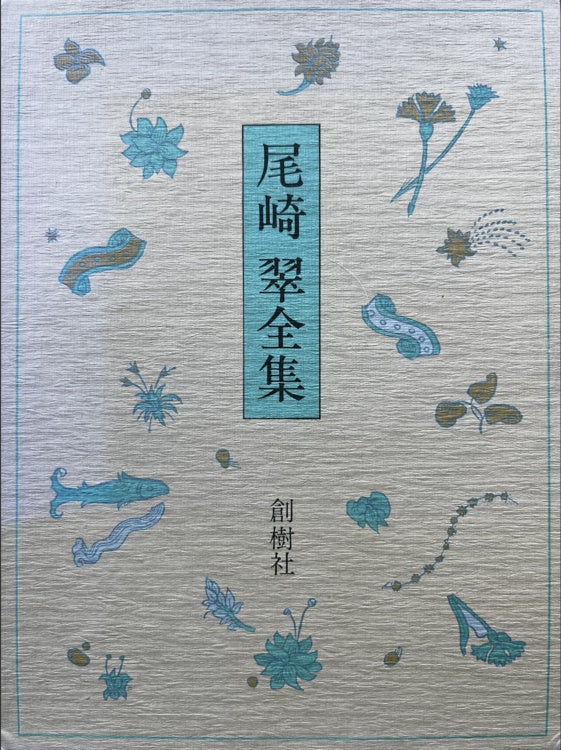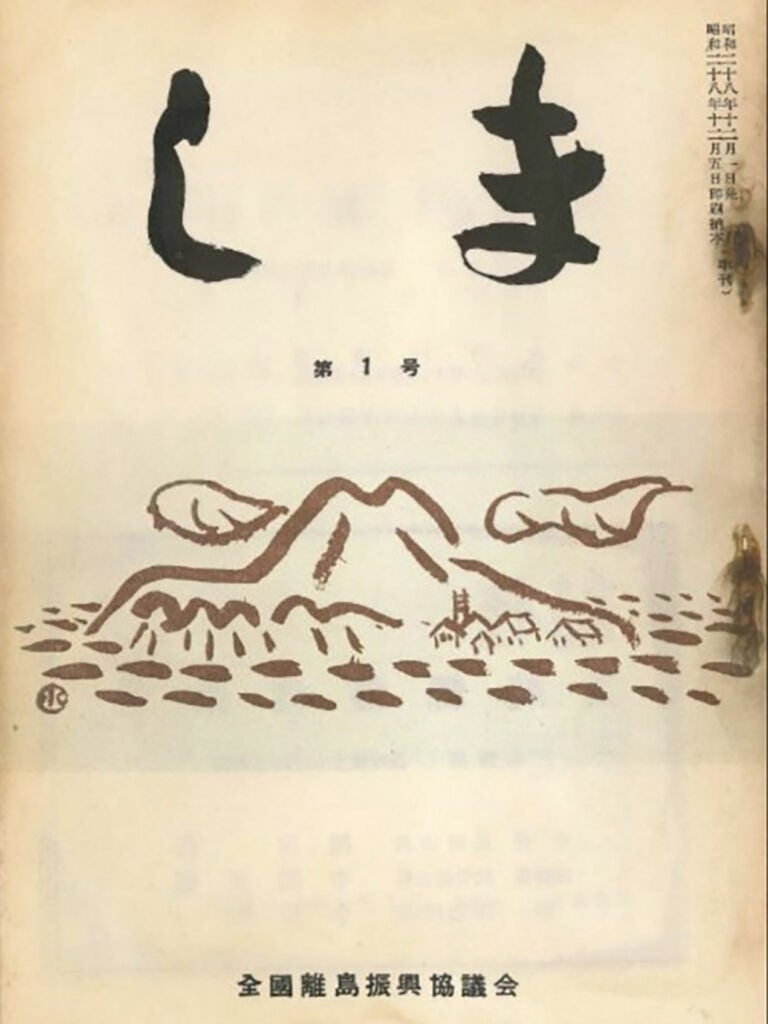This newly-established speaker series seeks to give a forum to Japan-inflected issues relating to the growing field of Environmental Humanities.
Environmental Humanities encompasses a broad range of ever-evolving subfields including but not limited to climate justice, animal studies, ecocriticism, environmental ethics, posthumanism, and biosemantics. It seeks to recognize indigenous knowledge about biosystems alongside of more well-known “Western” and “Eastern” regimes of knowledge.

Events
Thursday, November 21, 2024
The Japanese archipelago is home to a large number of whale graves, monuments, Shinto shrines, and Buddhist steles dedicated to the spirits of stranded or hunted cetaceans. Some of these are located in regions historically associated with coastal whaling, such as the Kii peninsula, western Kyushu, or Yamaguchi prefecture. Others can be found in places where people did not hunt whales prior to modern times, but where whales occasionally beached themselves, such as eastern Tōhoku, Ōita prefecture, or Ainu Mosir. Whales also take centre stage in a variety of ritual practices, ranging from kuyō pacification rituals conducted by Buddhist priests to whaling reenactments performed during shrine festivals. Together, these mnemonic sites and practices show that the history of human-whale relations in the Japanese archipelago is far more diverse than contemporary debates about the purported significance of whaling in Japanese culture suggest. Throughout the early modern and modern periods, humans have perceived and portrayed whales in a variety of ways: as divine incarnations, as religious worshippers, as sacred gifts, as dangerous adversaries, as inanimate natural resources, as cute mascot characters, and more.
Monday, April 15 2024
This talk focuses on plant life in the writing of Japanese modernist author and film critic Osaki Midori (1896-1971), whose experimental works feature a new approach to plants somewhere in between science and poetry, or what famed literary critic Hanada Kiyoteru called “plants of the 20th century.” Employing methodologies from the emerging field of critical plant studies and arguing for the importance of taking plants seriously in our reading of literature, Pitt demonstrates how Osaki’s figuration of moss in her best-known work Wandering in the Realm of the Seventh Sense (1931) ties the novella to Japan’s colonial nexus while simultaneously attempting to resist the ideology of social Darwinism that was used to help justify Japan’s imperial project. Through a creative engagement with evolutionary theory, Osaki wrote of moss as a distant ancestor of humans, crafting a utopian yet ultimately ambivalent vision of evolution that was not hierarchical or unidirectional.
Wednesday, March 29 2023
In this lecture, Marran offers an analysis of island chains in the work of famed author of industrial pollution, Ishimure Michiko, beginning with the question of how best to address specific island-sea cosmologies in relation to the broader archipelago of “Japan.” Showing synchronicities between Ishimure and Édouard Glissant’s poetics regarding archipelagoes, Marran demonstrates how Ishimure’s philosophy explicitly decenters humanistic approaches to island-chains to forward a planetary commons that rejects geopolitical and ethnic identities as primary modes of belonging…


